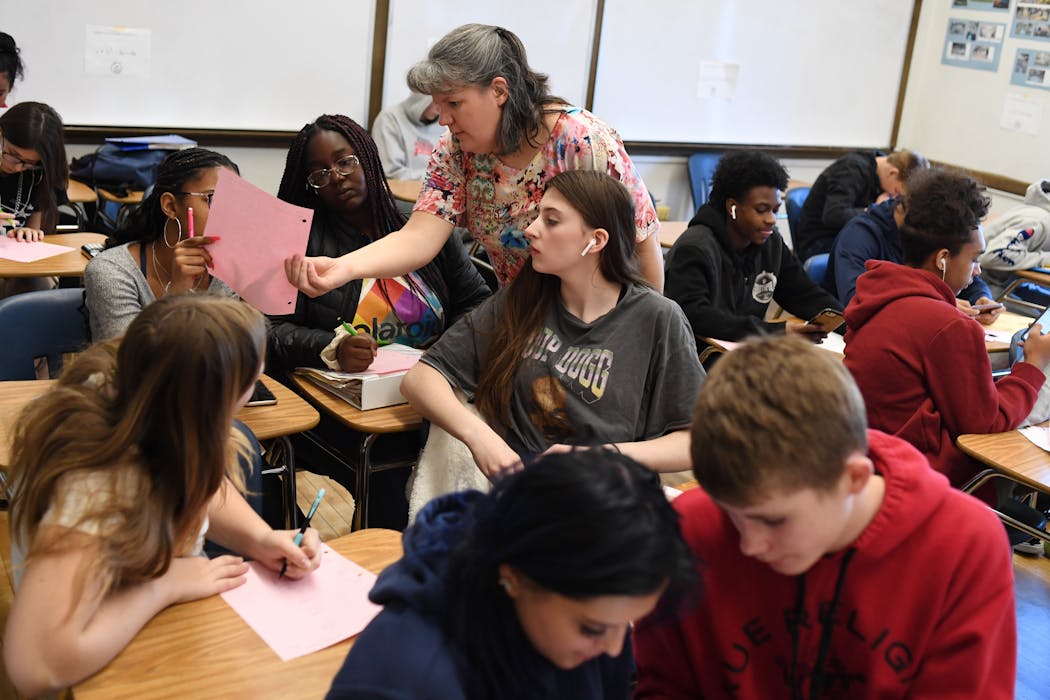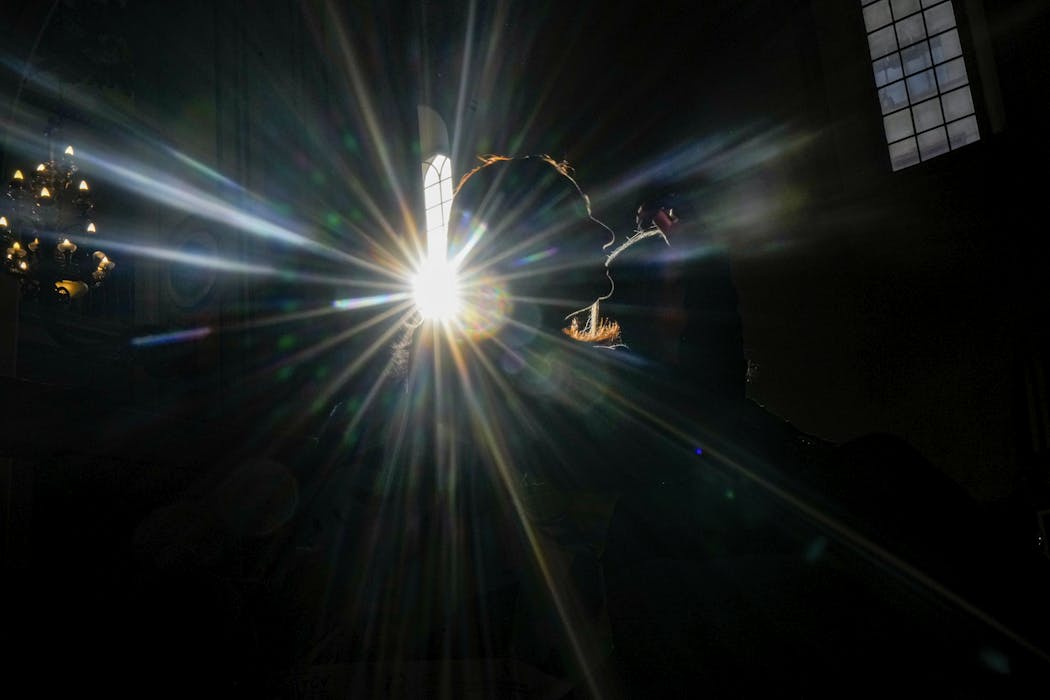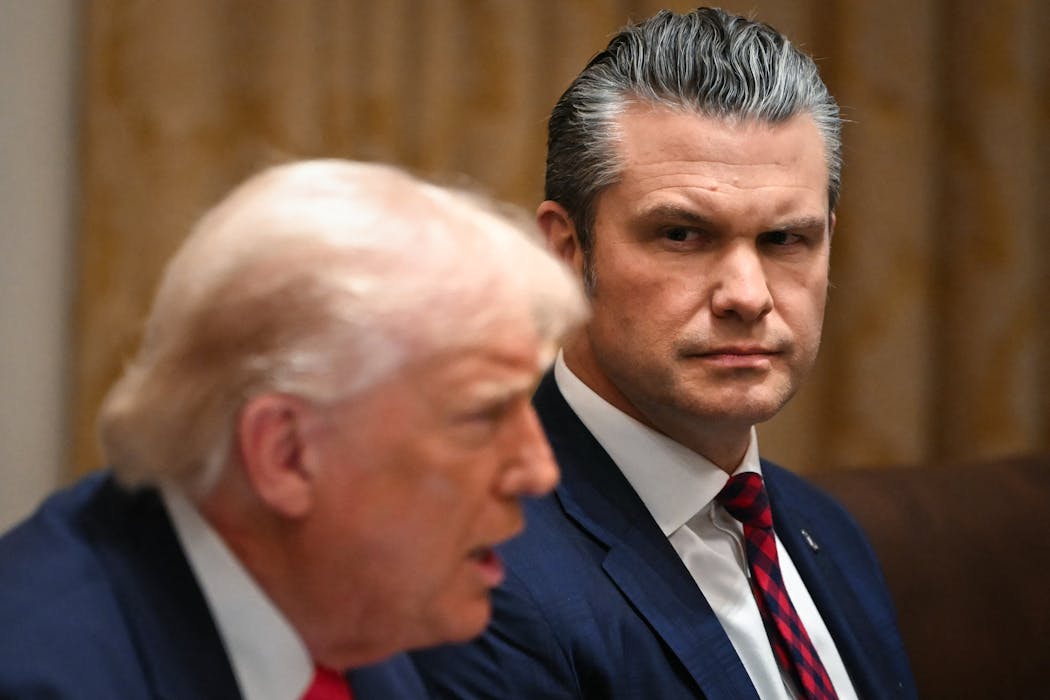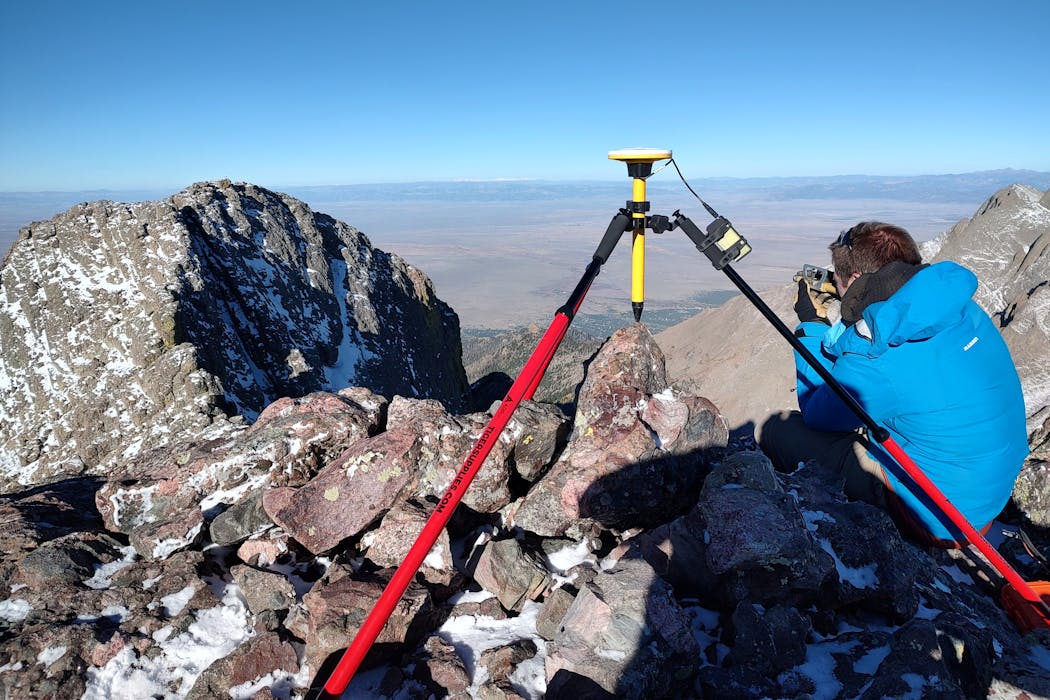3 states are challenging precedent against posting the Ten Commandments in public schools – cases that could land back at the Supreme Court
- Written by Charles J. Russo, Joseph Panzer Chair in Education and Research Professor of Law, University of Dayton
 Students work under posters of the Ten Commandments and the Bill of Rights in a high school classroom in Kyle, Texas, on Oct. 16, 2025.AP Photo/Eric Gay
Students work under posters of the Ten Commandments and the Bill of Rights in a high school classroom in Kyle, Texas, on Oct. 16, 2025.AP Photo/Eric GayAs disputes rage on over religion’s place in public schools, the Ten Commandments have become a focal point. At least a dozen states have considered proposals that would require the posting...









